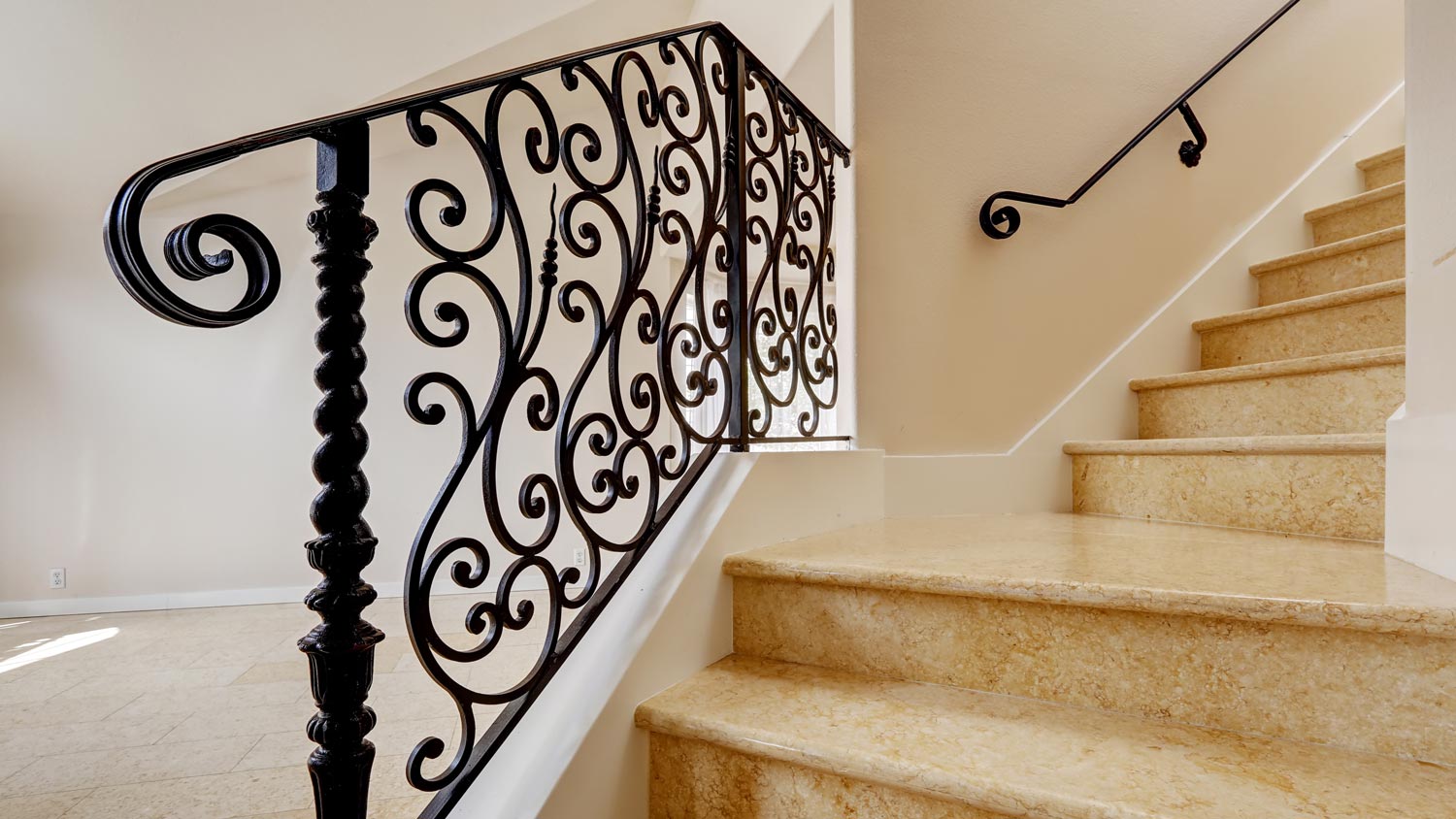
Get expert insights on wrought iron railing repair cost, including average prices, key cost factors, and tips to save on your next project.
The countdown to your fantasy fence starts now


You’ve got the perfect vision in mind for a beautiful new fence, and you’re ready to get started on construction. But you may wonder—how long does it take to build a fence? The answer depends on a few factors, like the fence's size, and whether you hire a professional or do the job yourself. Using certain materials and obtaining building permits will also influence your timeline. Read on to learn how long you can expect to wait before your dream fence is finished.
It typically takes between two and four days to build a fence in a standard-sized yard. However, if you have a small yard, a local fence installer may be able to get it done in just one day. If you go the DIY route, you’ll likely spend more time building your fence—up to a week or more, if you have a large yard.
Take a close look at your fence. If it has minor issues like small holes, peeling paint, faded stain, and a couple of leaning posts, it’s more cost-effective to repair it instead of replacing it.
However, if there are structural problems—like several missing or broken panels, tilting posts, sagging boards, and areas with obvious rot—a replacement is the better solution. If the fence is sagging or leaning so much that you don’t believe it’s safe, replacing it is a must.
If you have an old fence design that no longer fits in with the exterior of your home, or if you just want a design or materials upgrade, replacement is a choice worth considering.
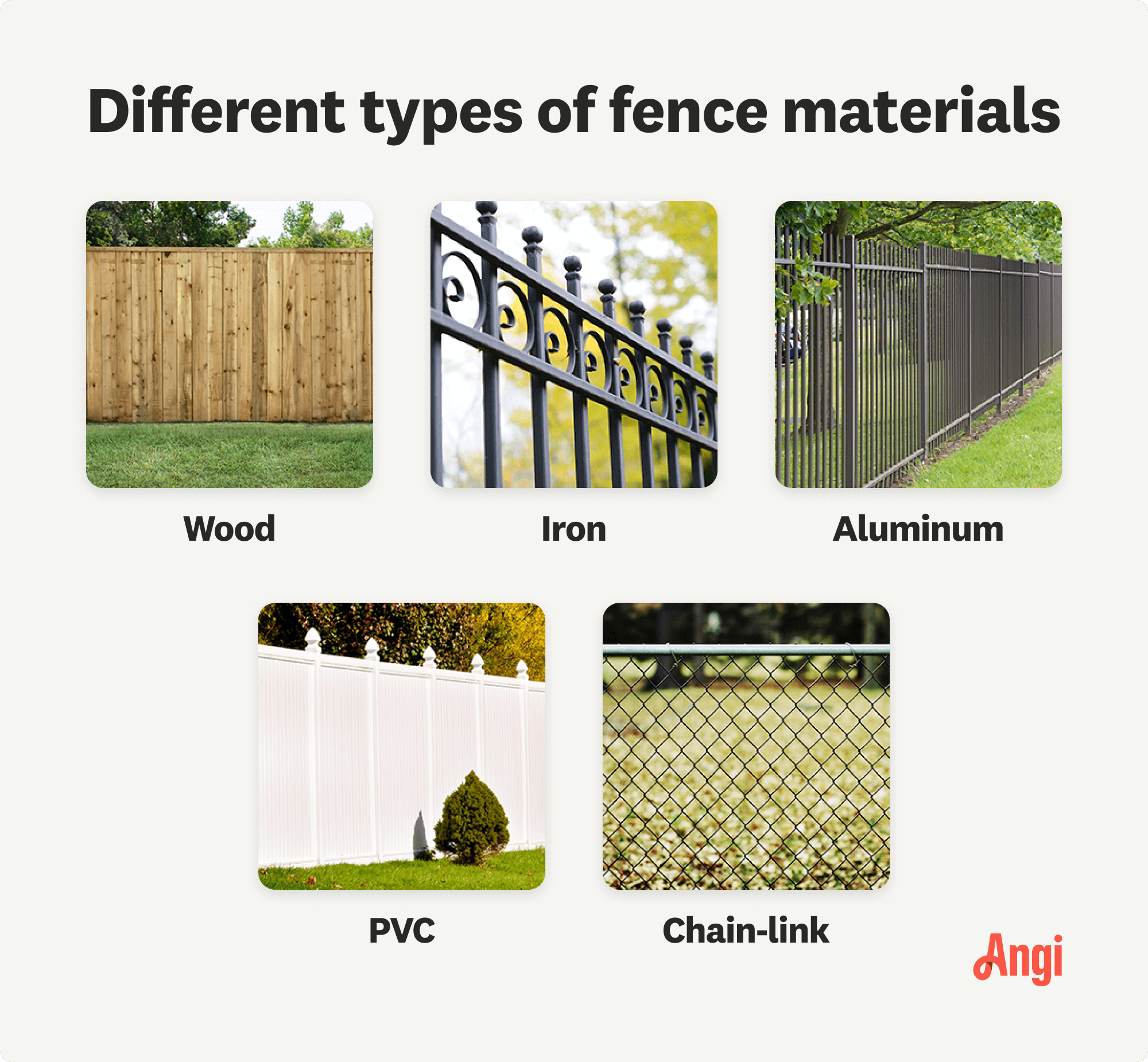
Multiple factors will play a role in determining how long it takes to build your fence, some of which are in your control and some that are not.
Types of fences that need posts to set in concrete will take longer to build, because you have to wait for the concrete to dry. Fences that you are building from scratch likely will take longer than fences that are part of a design kit that you just need to assemble.
If you have multiple gates in the fence, these increase the time for the build. Gates require extra precision that other sections of the fence don’t need.
Certain materials are easier to work with when building a fence, such as composite materials or wood, which reduces your timeline.
Building fences with metal or vinyl can take about twice as long as using other materials. One exception when using metal occurs with a chain link fence, which has a timeline similar to wood.
As you might expect, fences that cover a larger space take longer to build than smaller fences. Taller fences are more difficult to build than shorter fences, too.
If you have a detailed plan for building the fence, it will make the permitting process go faster. Creating a detailed plan helps you order the proper amount of materials, too. Having the materials you need on hand makes the job go faster versus coming up short on materials three-quarters of the way through the project.
Your experience level with building a fence plays a key role in determining a timeline for the project. A DIY novice usually will need at least twice as long as a fencing pro who has built several fences in the past.
As you may know from past DIY projects, some factors that you can’t anticipate can affect the timeline for your fencing project.
Weather issues can significantly delay your fence project.
Your local permitting process could take several days, especially if you are missing any required documents, delaying your ability to start.
If you must dig to construct the fence, you need to wait for your local 811 Dig Safe service to mark any underground lines, which can take up to a week.
If you need a property line survey done, you may need to hire a local surveyor to do the work, which can take up to a week to schedule and complete.
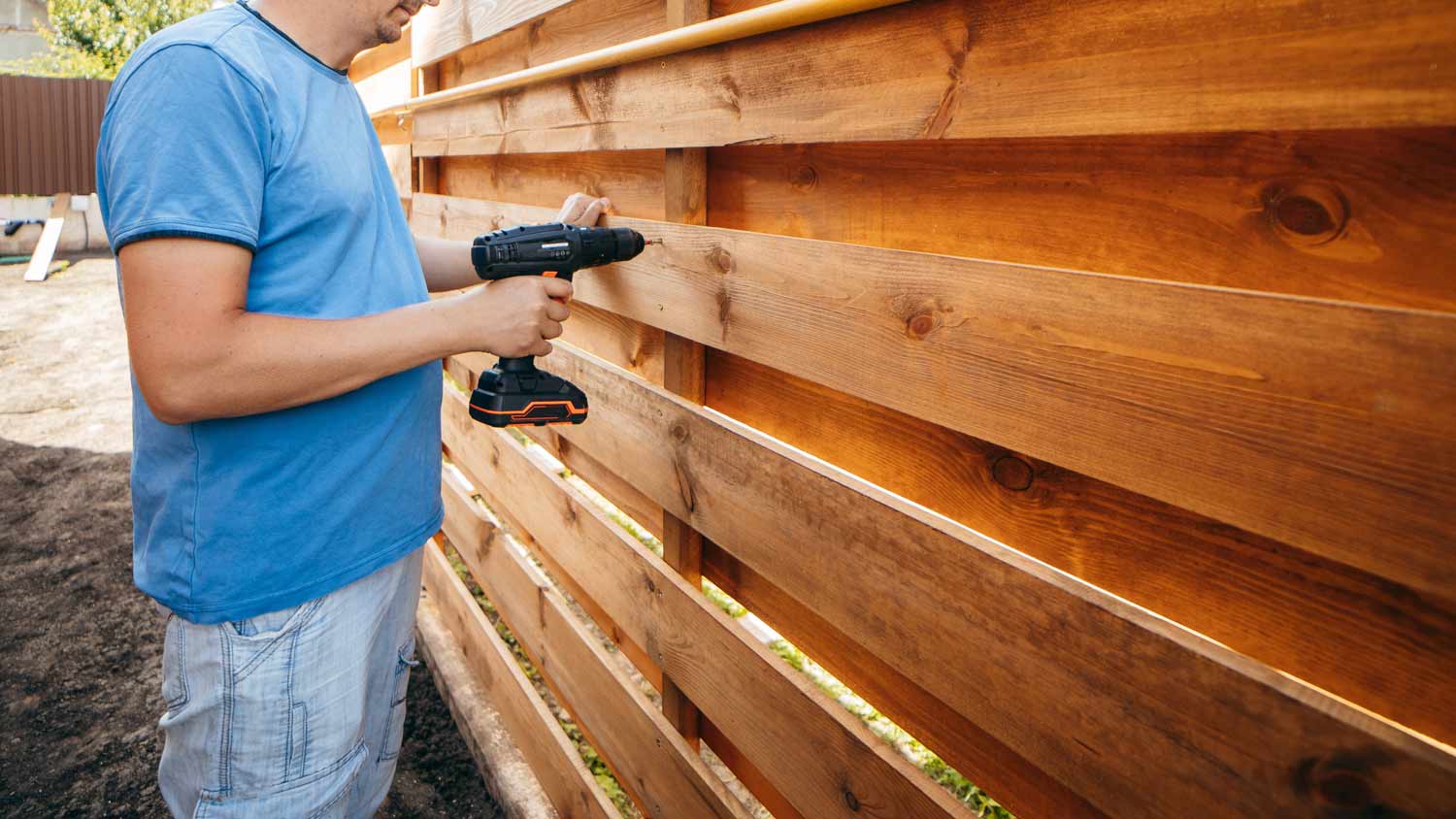
If you’re going to put in the time and effort to build your fence, you want it to last. Some options for increasing the longevity of your new fence include:
Use pressure-treated wood.
Coat the portion of the posts that go underground with asphalt emulsion.
Use galvanized steel for posts that will go into the ground.
Use UV protected materials and paint.
Use screws and bolts made for outdoor use that are coated to resist rust.
Take the time to ensure everything is level and squared up.
Don’t cut corners on the instructions to try to save time.
Knowing how to hire a fence contractor should pay off in the long run by helping you extend the lifespan of your fence. A pro should be able to create a fence that lasts longer than what a novice can build.
If you hire professional installers to build your fence, ask if they offer any guarantees for longevity or construction quality.
As far as the fencing materials, some manufacturers may offer a warranty for a few years. If you purchase a kit with all of the materials for the fence, you have a better chance of receiving a warranty.
However, if you’re doing a DIY fence-building project and you’re buying wood and other materials off the shelf from your local hardware store, you likely won’t have any warranty options.
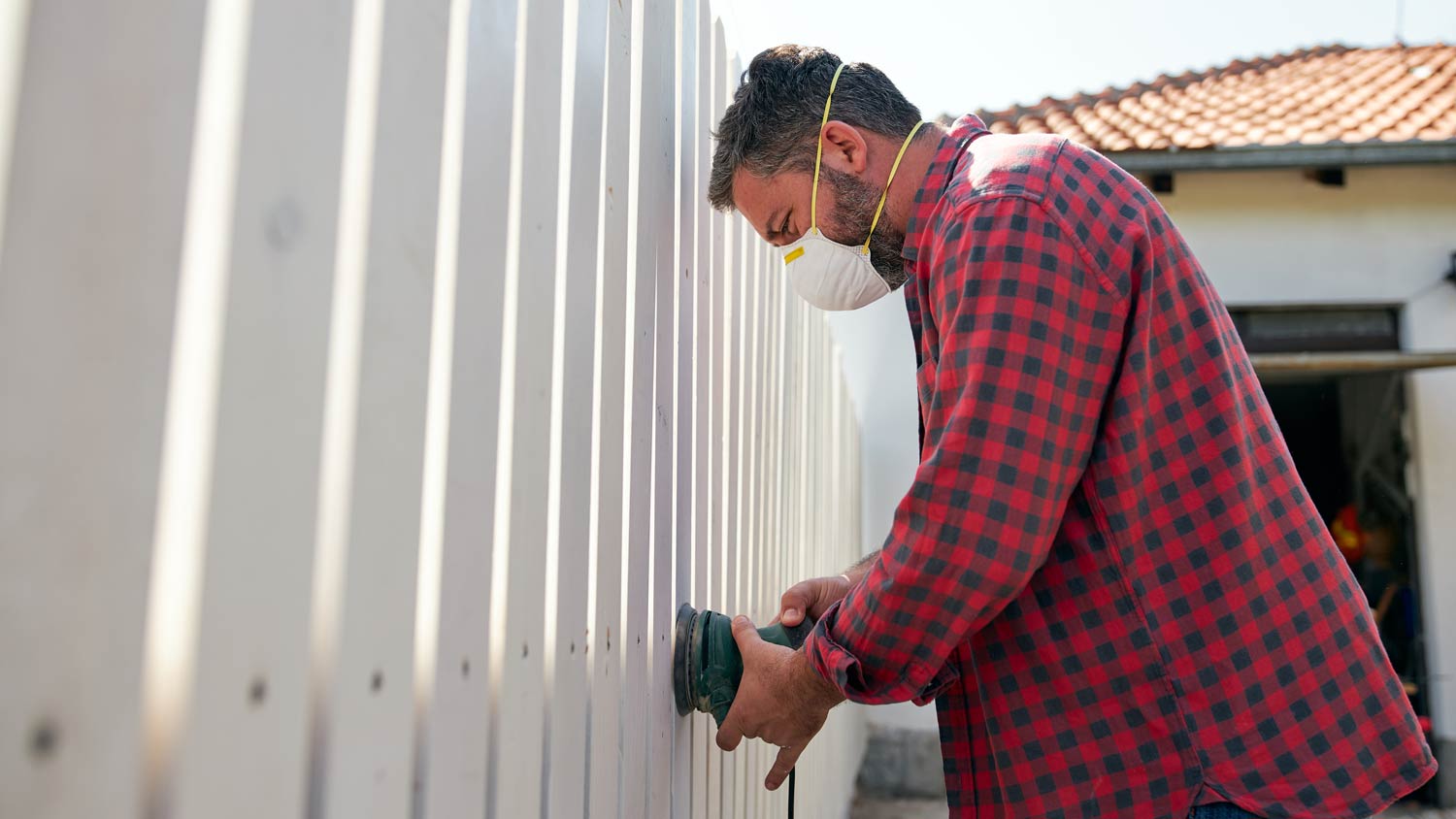
Deciding whether you should repair or replace your fence may require a thorough inspection. Not all homeowners can tell if their fence is just a little worse for wear, or structurally unsound. You could hire a local fence repair company to give you an inspection and an estimate of the repair cost vs. the replacement cost, to see what makes the most sense for your budget.
Otherwise, if you want to do the inspection yourself, some pros follow a 20% rule. If at least 20% of the fence needs repairs from general wear and tear, you are probably better off replacing the entire fence. The idea is that the other 80% of the fence probably will need repairs soon from wear and tear because the materials are all the same age.
If an event caused the damage, though, such as a car crashing into it, you may not need to follow the 20% rule. Wear and tear did not cause that type of damage, so the undamaged materials may still be in good shape.
From average costs to expert advice, get all the answers you need to get your job done.

Get expert insights on wrought iron railing repair cost, including average prices, key cost factors, and tips to save on your next project.
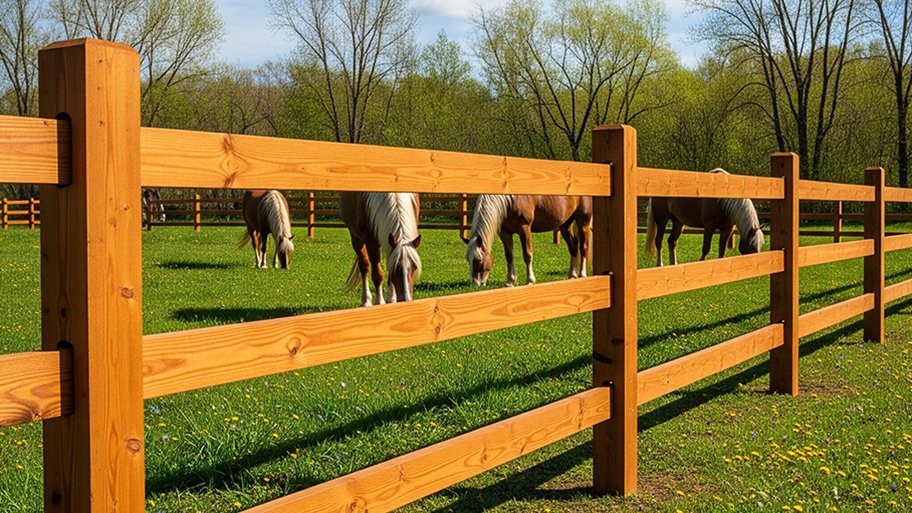
Looking for that rustic charm only a split rail fence can provide? Use this split rail fence cost guide to get an idea of what your fence will total.

The cost to install a picket fence varies by height, material, labor, and more. Read this guide to help you budget for a picket fence installation.

Fence posts are the foundation of any sturdy fence. Make sure your fence is straight and strong with this step-by-step guide on how to install a fence post.
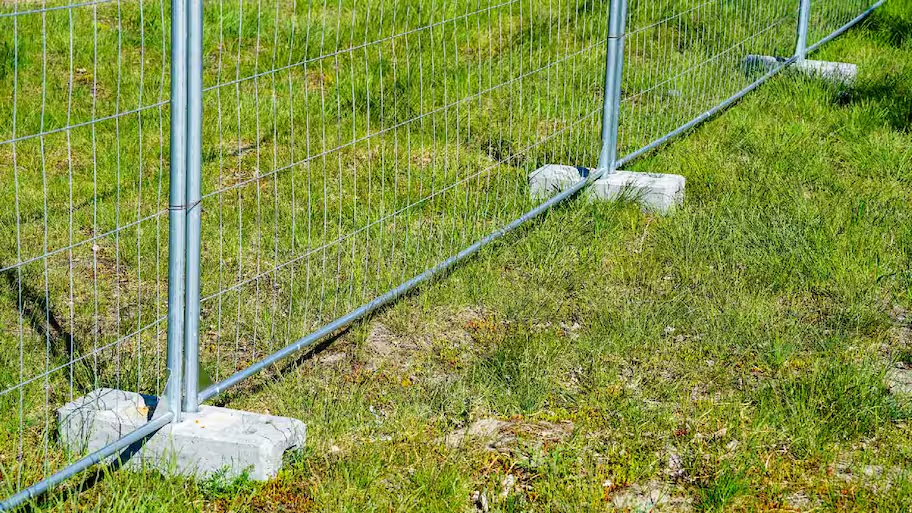
If you need DIY temporary fence ideas, then you’ve come to the right place. We’ve researched several options providing semi-permanent fencing solutions for you.

The best wood for fencing is also the most durable—and beautiful. Our guide breaks down the top picks for your wood fence project.